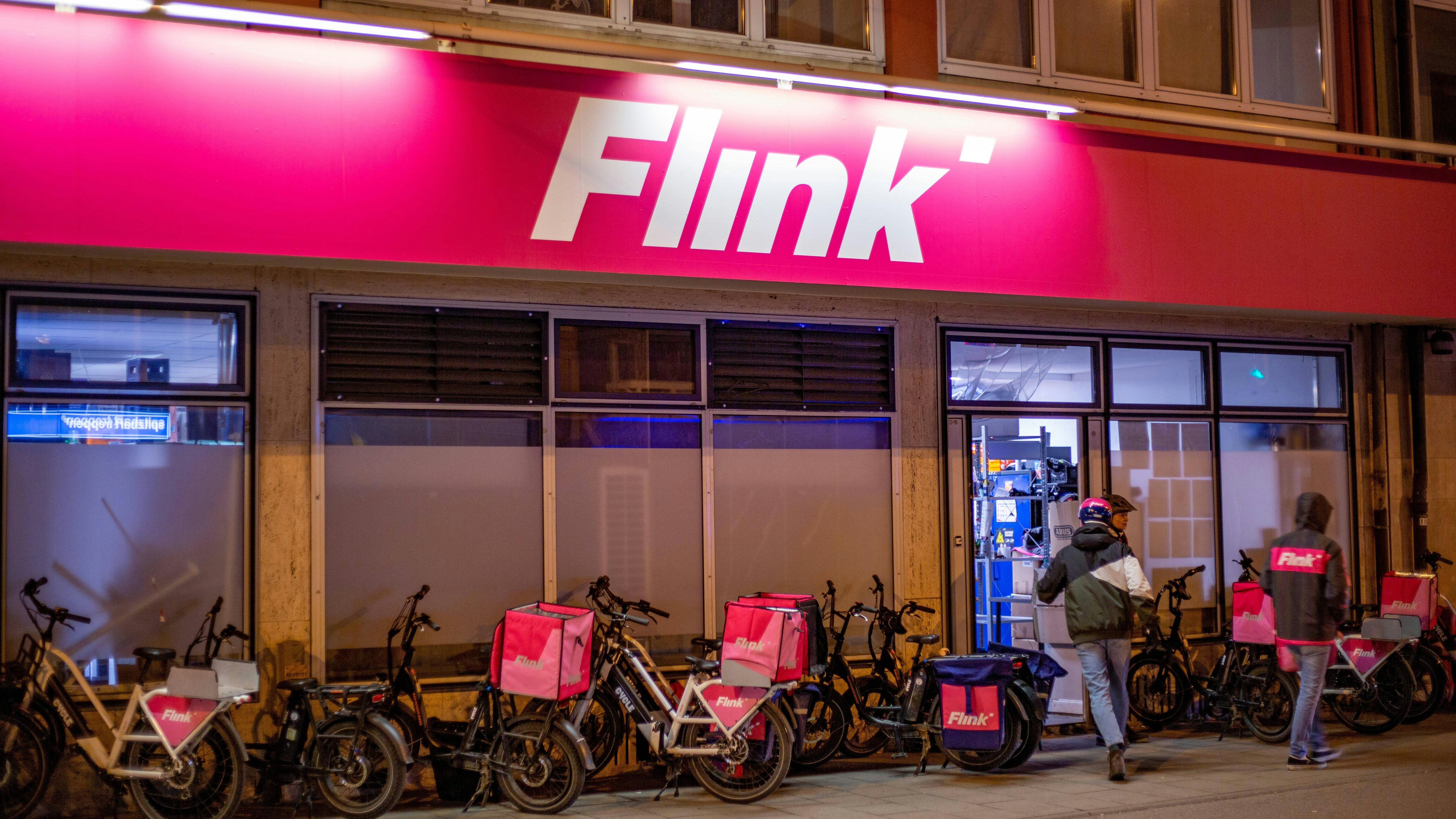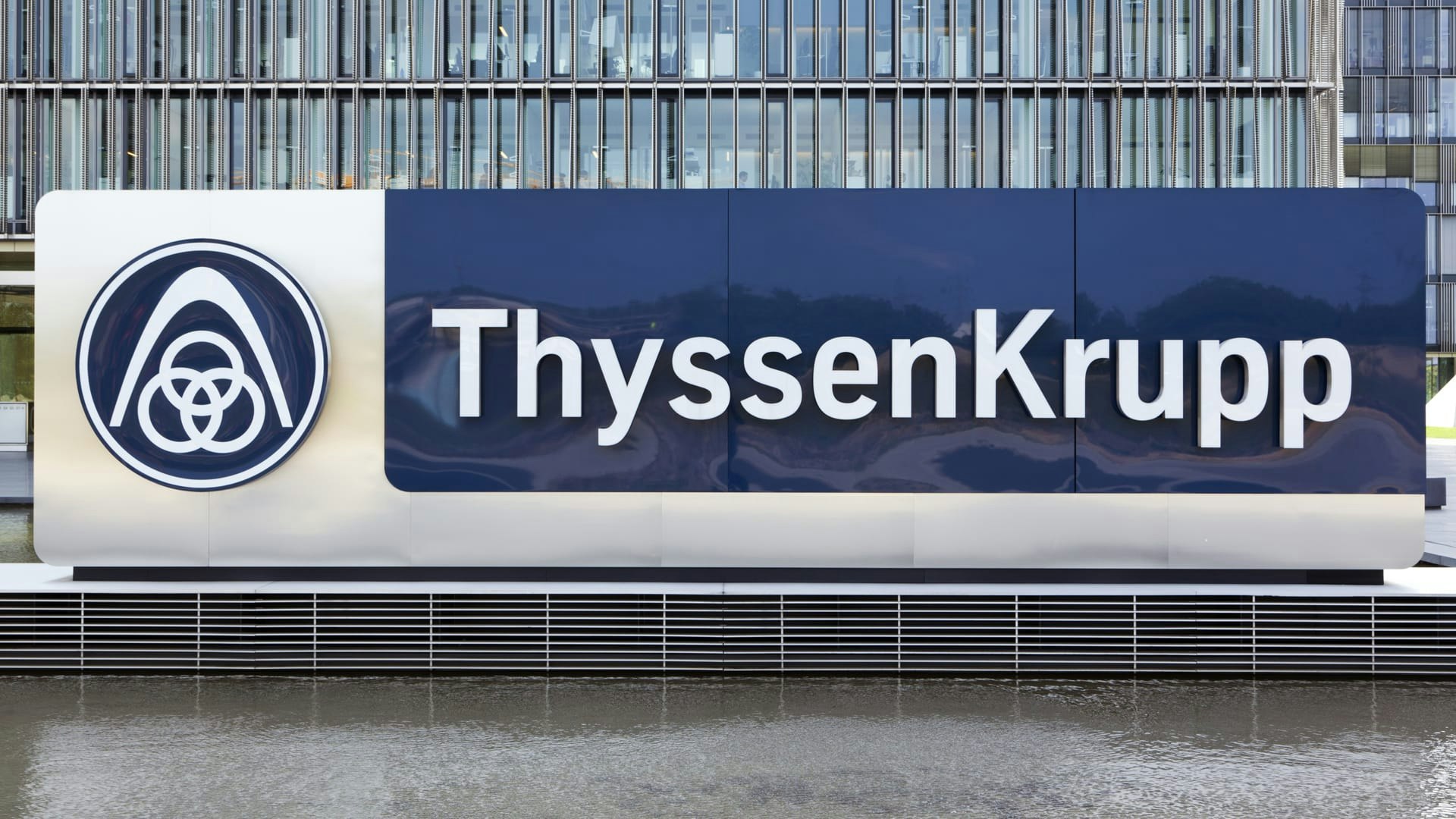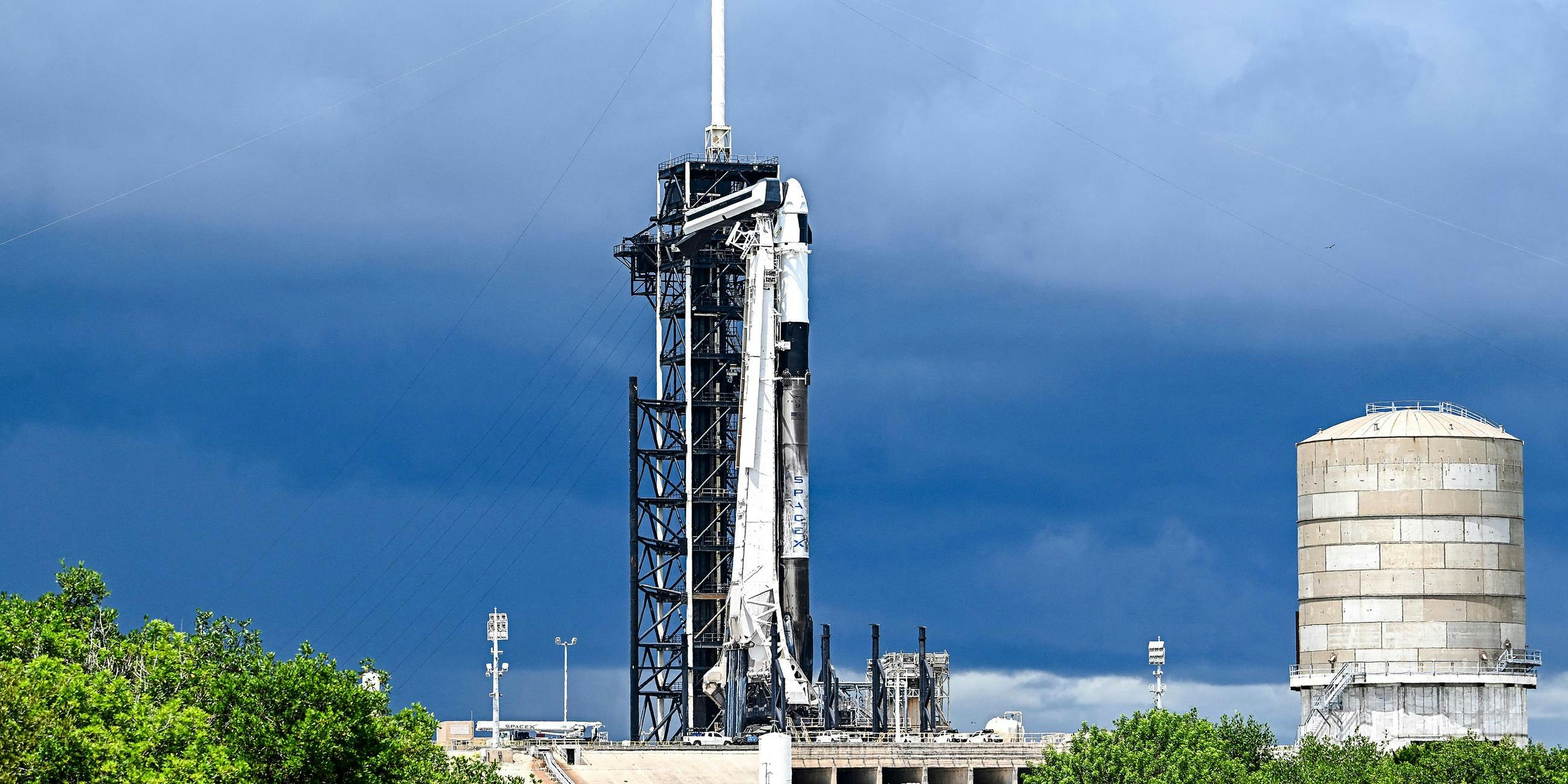The wind has shifted: Flink, once the problem child of the Berlin start-up scene, is back on a growth trajectory – and could soon receive prominent support. According to information from industry circles, the company is in talks about a new financing round of under 100 million euros. Among the potential investors: Amazon.
For the online giant, entering the market would be more than just an investment. It would be a strategic move to finally enter the highly competitive European delivery market from the second row.
From Near-Crash to Profitability
Just a year ago, Flink was on the brink. After the pandemic, the hype around quick commerce swiftly dissipated, investors turned their backs on the sector, interest rates rose, and capital became scarce. While competitors like Gorillas and Getir threw in the towel, Flink's CEO Julian Dames opted for a radical restructuring: two-thirds of the workforce had to go, locations were closed, costs were reduced.
The result: Flink has been profitable since August.
Amazon sees a strategic gap
Why is Amazon interested in Flink, of all things? The answer lies in the last mile – and in the time advantage.
Joining Flink could change that. Flink's urban warehouses and bicycle fleets would provide Amazon with access to an existing, functioning network – perfect for delivering everyday products in a few hours. "Flink's urban infrastructure could revolutionize Amazon's last mile," says e-commerce expert Matthias Schu from Lucerne University.
In addition: Flink could increase the value of the Prime subscription. An express delivery service for Prime customers – for groceries, batteries, or drugstore items – would further expand the comfort advantage over the competition.
The new cards in quick commerce
The fact that Flink is in this position today is also thanks to its partner Rewe, which holds around 20 percent of the shares. The retail giant supplies the majority of goods to the approximately 150 Flink locations and even uses the platform itself, for example via Lieferando.
However, a takeover by Rewe is not up for debate. "We have no intention of buying Flink," emphasized Rewe CEO Lionel Souque in the spring. Nevertheless, the company is likely to have a significant say should Amazon actually come knocking.
The new Flink strategy: Growth with a sense of proportion
Flink no longer wants to stand out by burning billions, but with stability. Each new location should pay off within seven months, says Dames. By 2026, he wants to achieve positive cash flow – and thereby provide final proof that quick commerce was not just a flash in the pan.
We now have the chance to establish a sustainable business model for urban shopping," says Dames. It would be logical for Amazon to seize this opportunity: the company does not buy ideas, but functioning structures with potential.
A Deal with a Signaling Effect
If Amazon were to actually invest in Flink, it would be a turning point – not just for the Berlin delivery service, but for the entire European market.
It would be the return of quick commerce to the top league – this time not with the promise of limitless growth, but with a partner who has the means to sustain it.
Flink is back. And Amazon might ensure it stays.






